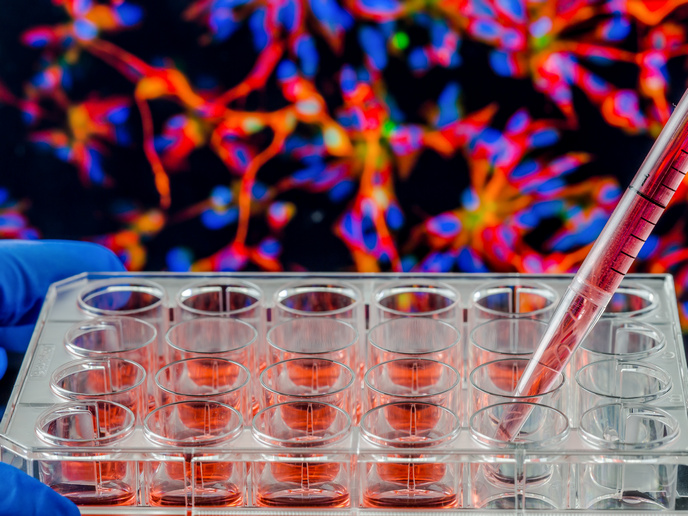A WIN situation for Alzheimer's disease
Accumulating evidence on the pathophysiology of Alzheimer's disease indicates that excessive inflammatory processes are among the early events. Scientists think that if they could halt or even slow these processes, they would preserve brain function for longer and delay onset of disease symptoms. The EU-funded NGINFAD (Targeting Inflammation and Neurogenesis using cannabinoids to delay the onset of Alzheimer’s disease) project investigated the possible influence of chronic inflammation and its pharmacological modulation on Alzheimer's disease. This work relied on previous experience where the endocannabinoid system (ES) was stimulated in aged rats using the synthetic compound WIN to reduce neuroinflammation and maintain cognition. ES is responsible, among others, for mood and memory. NGINFAD scientists hypothesised that a similar approach could be beneficial for treating Alzheimer's disease. Scientists used a mouse model that on ageing recapitulates most pathological signs and behavioural dysfunctions of Alzheimer’s disease. Symptoms include accumulation of beta amyloid, neuroinflammation, neuronal death and learning impairment. They isolated astrocytes and microglial cells from mouse brains and treated them with WIN ex vivo, and found a significant reduction on the inflammatory response of glial cells. In vivo, WIN treatment seemed to exert the opposite effect. Overall, WIN infusion led to glial reactivity, expression of major pro-inflammatory cytokines (IL-1β, TNF-α) and higher levels of the neurotoxic Aβ oligomers. This clearly indicates that ES stimulation aggravates Alzheimer's disease pathology. Taken together, the findings of the NGINFAD study suggest that the effects of WIN administration in pathological conditions may differ from those induced during physiological ageing. Furthermore, these differences could be attributed to the different disease models utilised in each study. It is possible that ES synergises with neuroinflammation, ultimately causing an exacerbation of Alzheimer's disease pathology.







